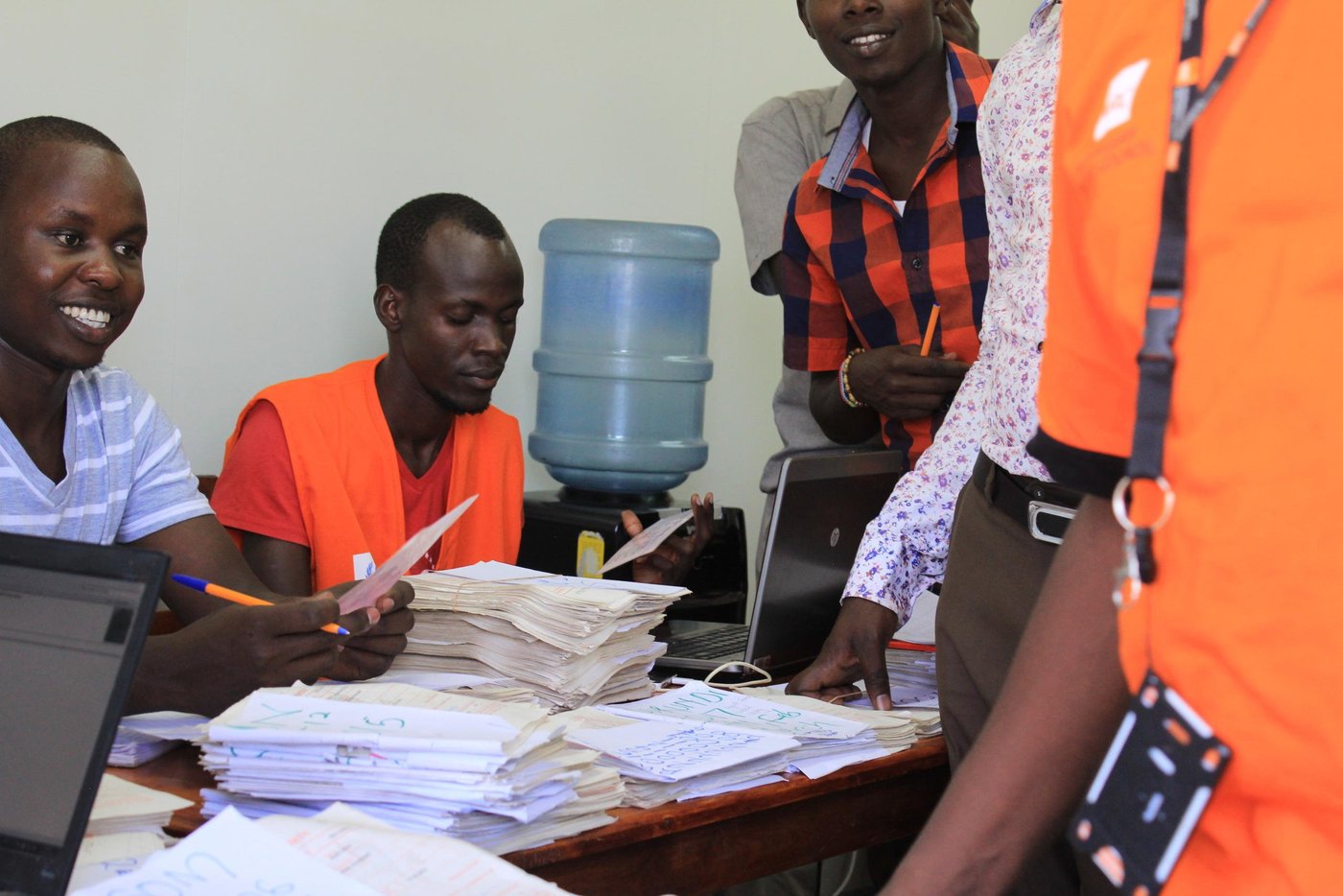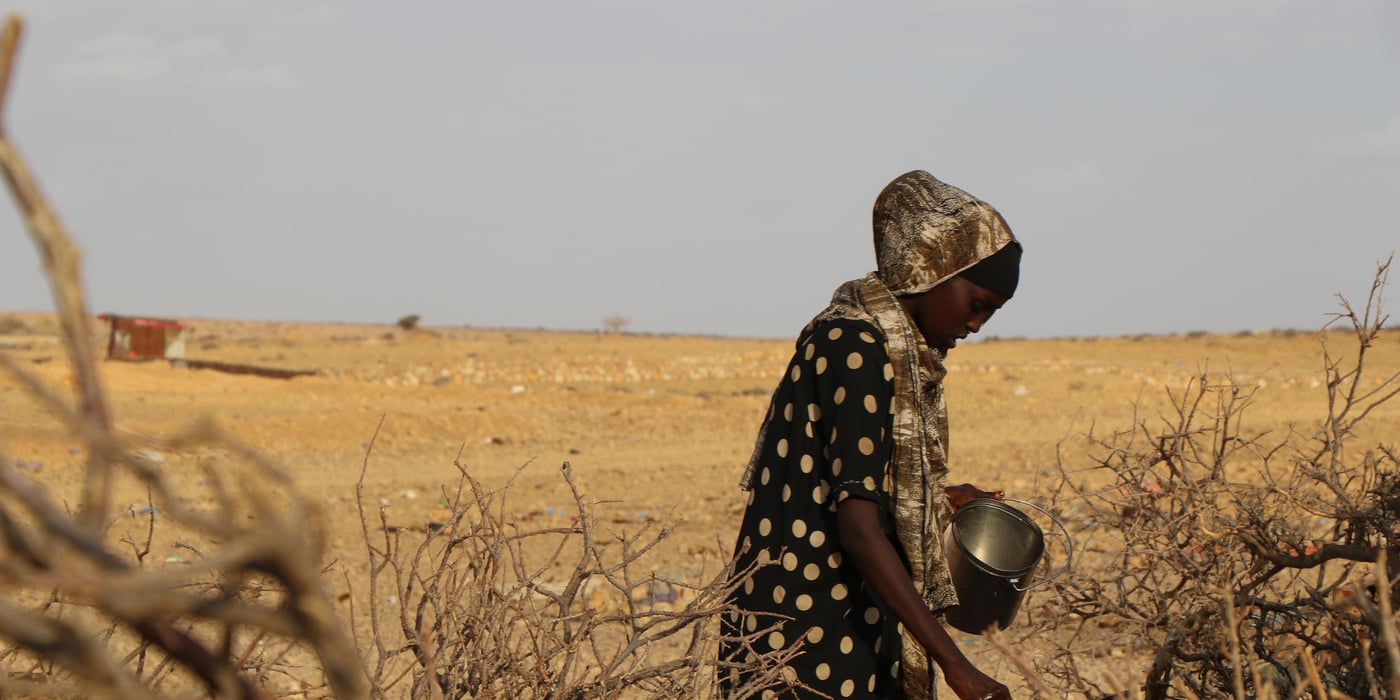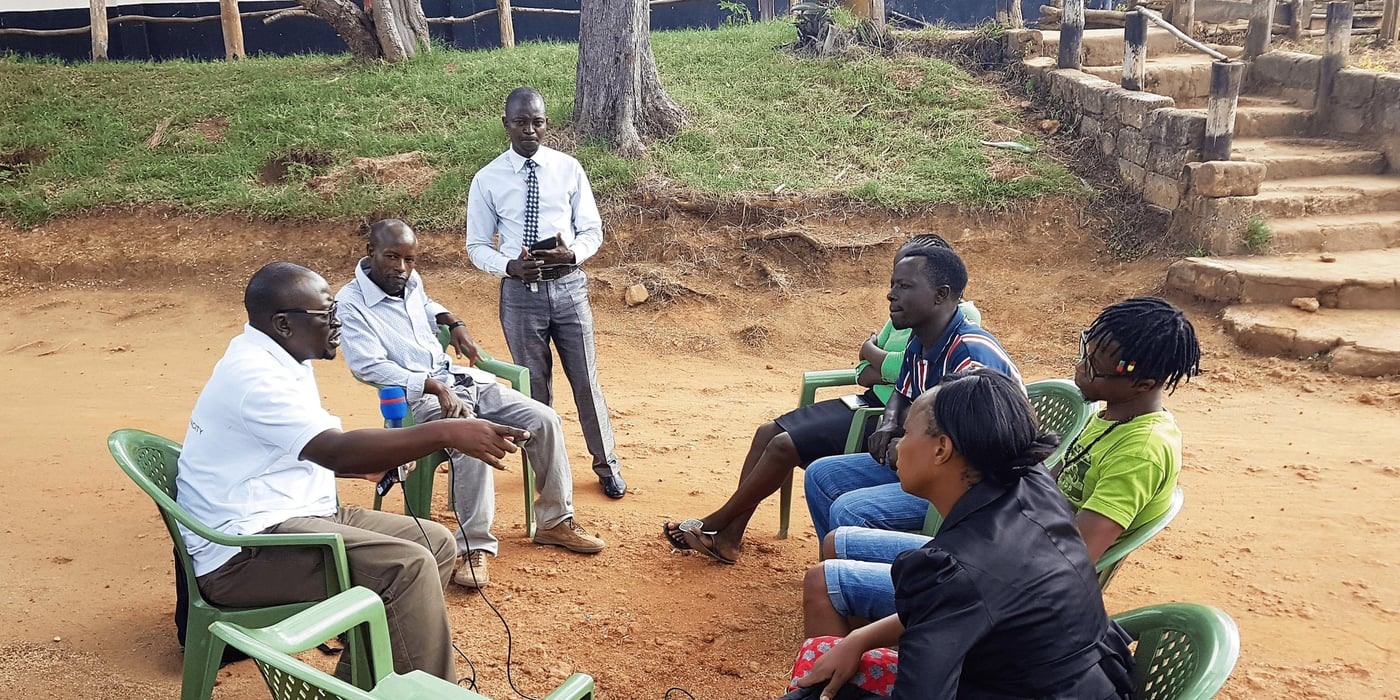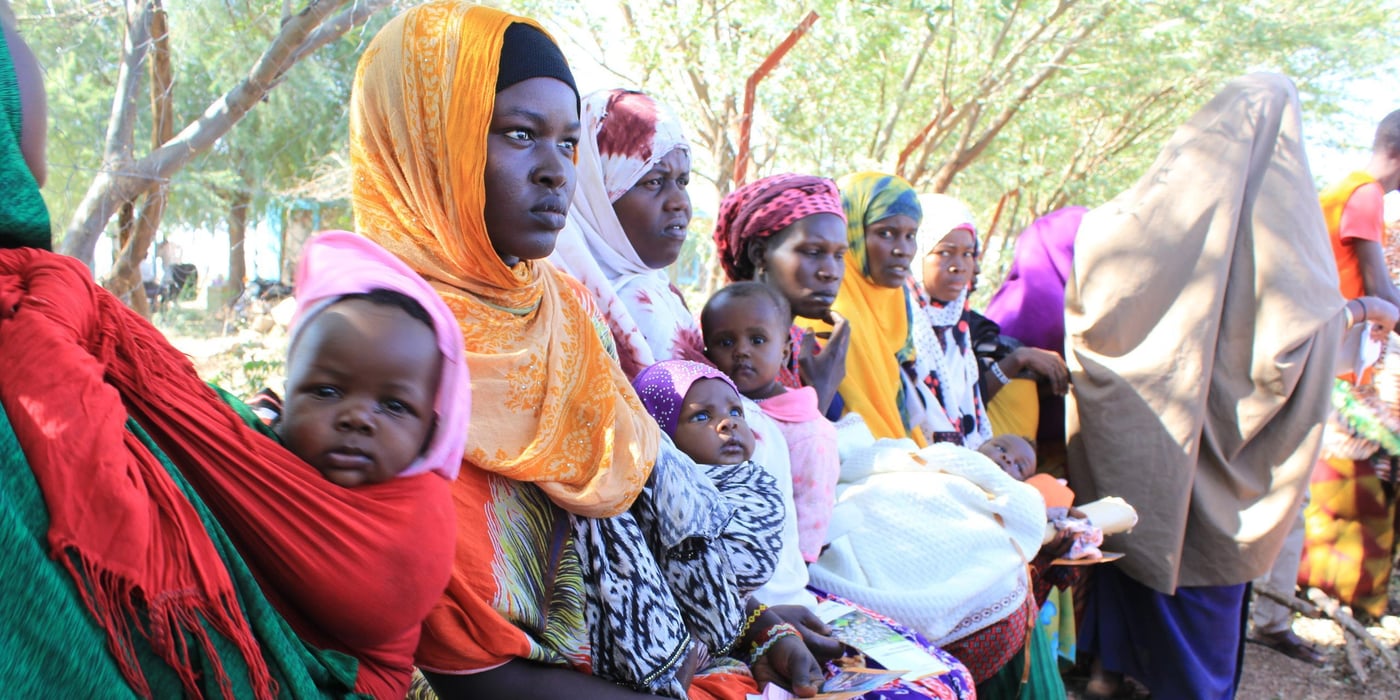
Yuwil and his wife are from Sudan, they moved to Kakuma in 2006 fleeing conflict. They now live in Kakuma refugee camp in Kenya. Their four-year-old son still has not received a birth certificate, which makes it difficult for Yuwil to prove his child’s identity.
A birth certificate opens up a world of opportunities for a child, including access to education, health services, food, travel and protection. It is also important to have when returning to their home countries or when applying for resettlement in a third country.
In 2017, the Norwegian Refugee Council (NRC) expanded our information, counselling and legal assistance services for refugees and local communities in the Kenyan refugee camps of Kakuma and Dadaab. It was very difficult for refugees to access birth certificates; most of them gave up after many visits to the UN Refugee agency (UNHCR) field offices. They also didn’t fully understand the importance of a birth certificate in relation to claiming their rights.
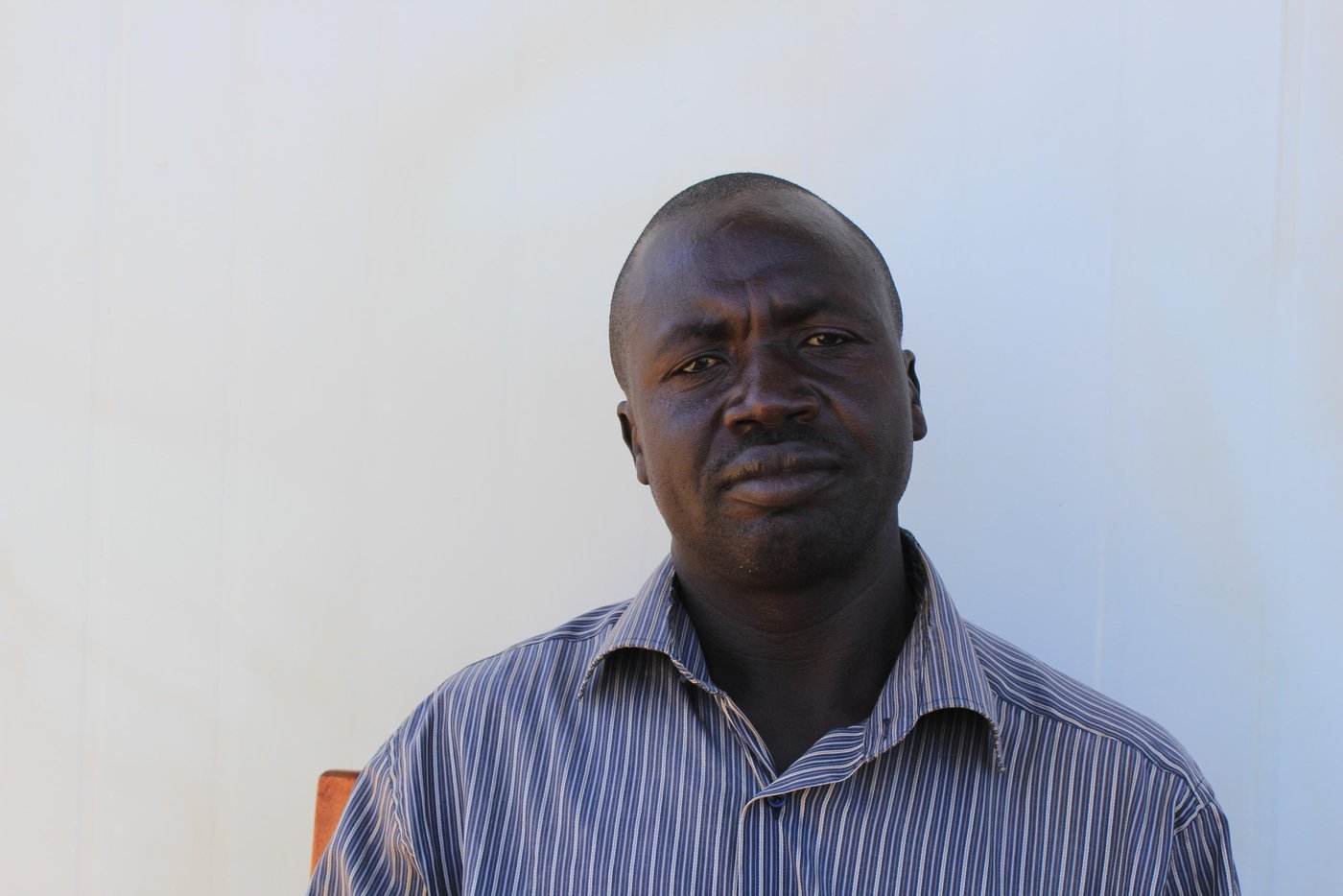
Since June, we have helped refugees in the camps and inhabitants of surrounding communities to understand the importance of civil documentation, the processes to obtain them and where to go to receive assistance. We counsel parents who are facing legal barriers and help them try to resolve their cases.
Yuwil is grateful to have received information through NRC.
“We have tried to obtain my child’s birth certificate since 2013. It’s an important document and it will help us receive services in the refugee camp. It is the only document that will indicate my child’s identity and nationality.”
Now, he has finally received his son’s birth certificate. NRC provides a waterproof folder where he can safely store the birth certificate and other important documents.
The importance of civil registration
This year NRC realised that 17,000 birth certificates and 4,000 death certificates were pending distribution in Kakuma. With support from UNHCR, NRC developed a database to catalogue these documents and engaged additional staff to accelerate the distribution to the refugees.
“For a population that has been affected by conflict, we often neglect the importance of civil registration,” says Grace Oonge, NRC’s legal assistance officer in Kakuma.
I had been trying to obtain my son’s birth certificate for over a year. I’m very happy that I have finally received it.Habiba gave birth in a hospital in Daadab refugee camp and worried that she would never obtain a birth certificate for her child
“The absence of a regular Civil Registrar in the camps makes it even harder for refugees to access civil documents such as birth and death certificates. That’s where we target our intervention.”
It’s vital to register important events in a person’s life, like birth, death, marriage and divorce, in a national system. Only that way are refugees and host communities able to prove that these events happened.
Habiba, who gave birth in a hospital in Daadab refugee camp, worried that she may never obtain a birth certificate for her child.
“I was informed by NRC’s team that the registrar was in the refugee camp. I had been trying to obtain my son’s birth certificate for over a year. I’m very happy that I have finally received it,” she says. He’ll be able to go to school, receive assistance, and find work when he grows up.
With the support of the Swedish International Development Cooperation Agency (Sida) and the Norwegian Ministry of Foreign Affairs (NMFA), NRC continues to provide information and legal counselling to refugees.
